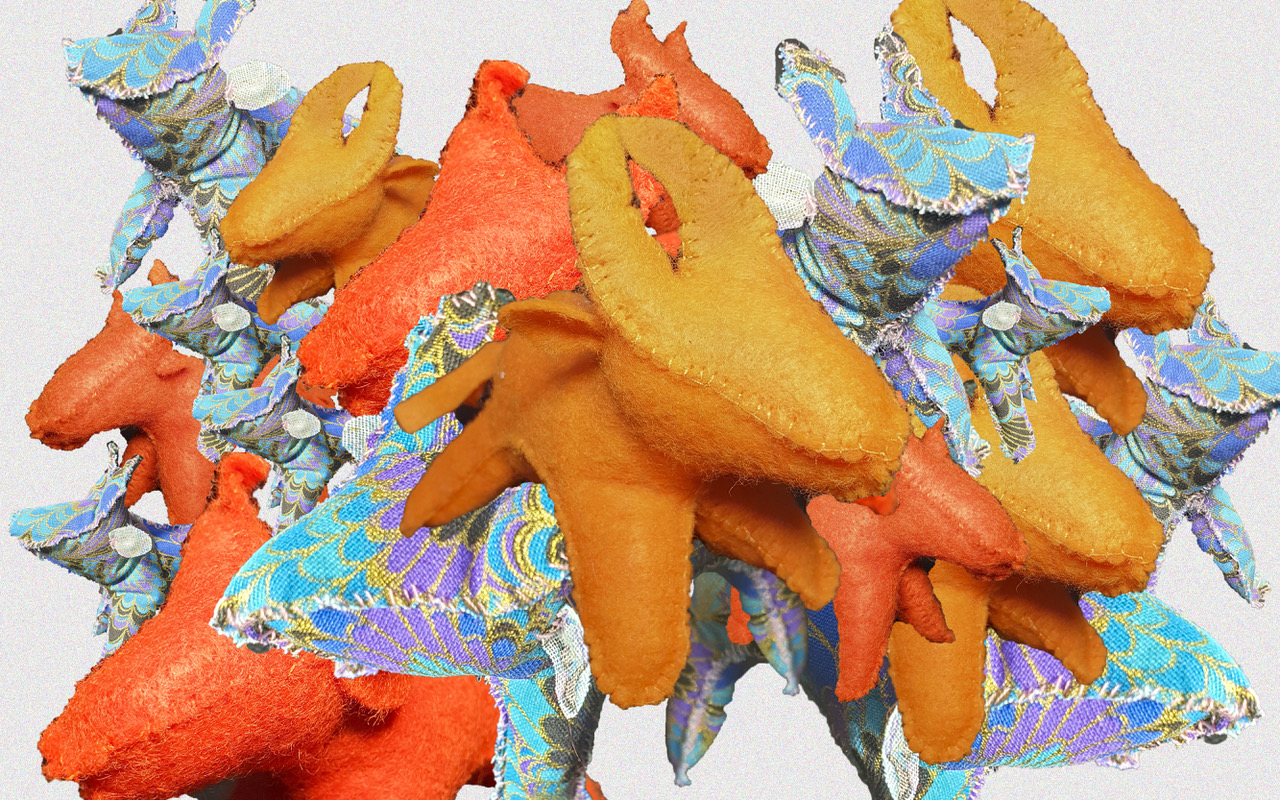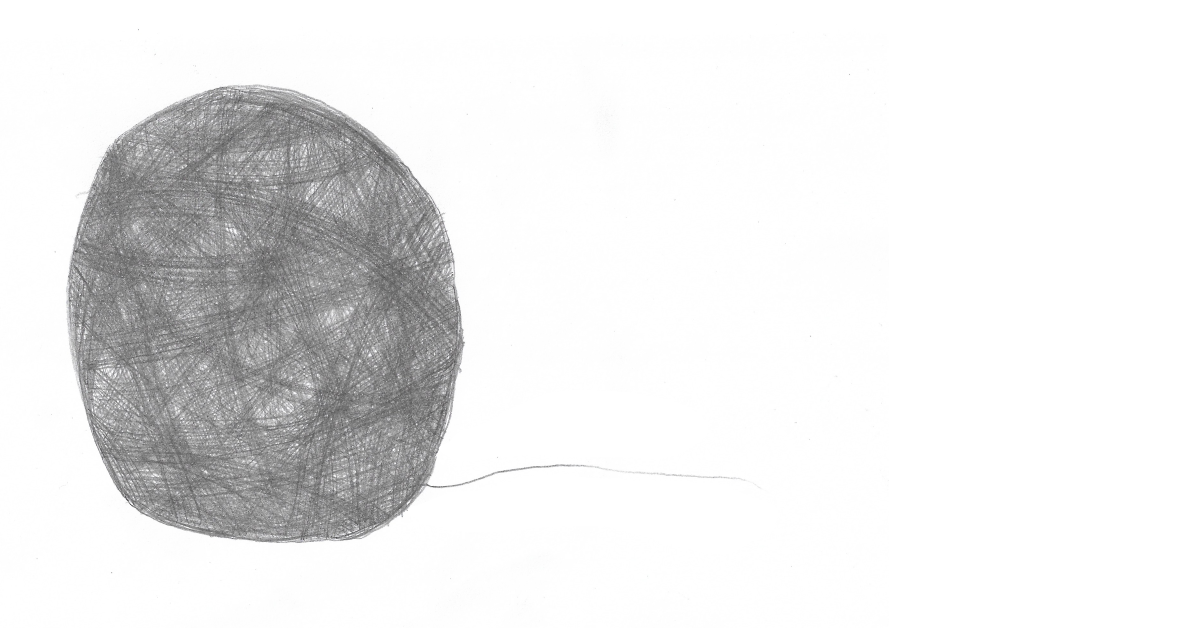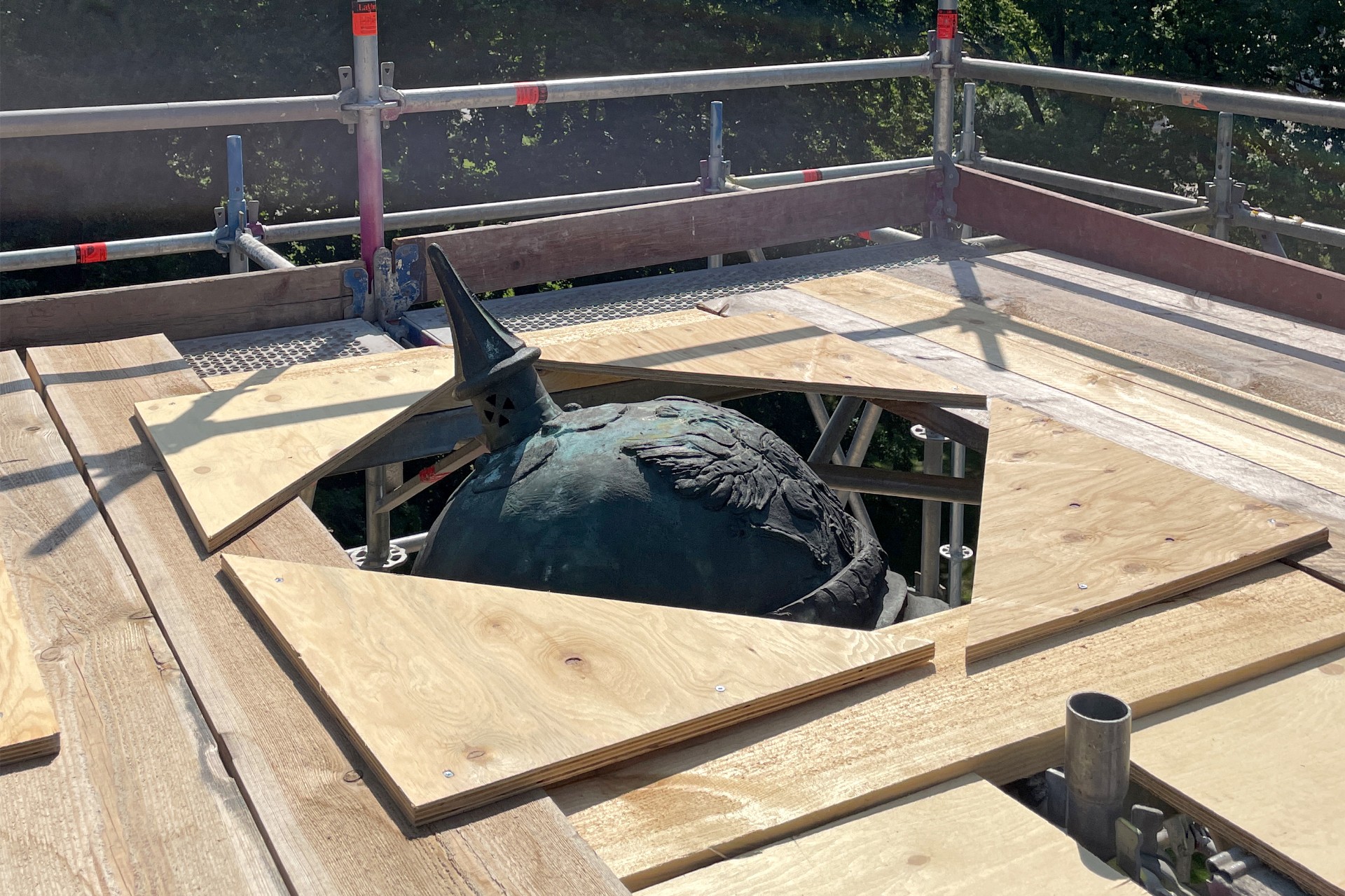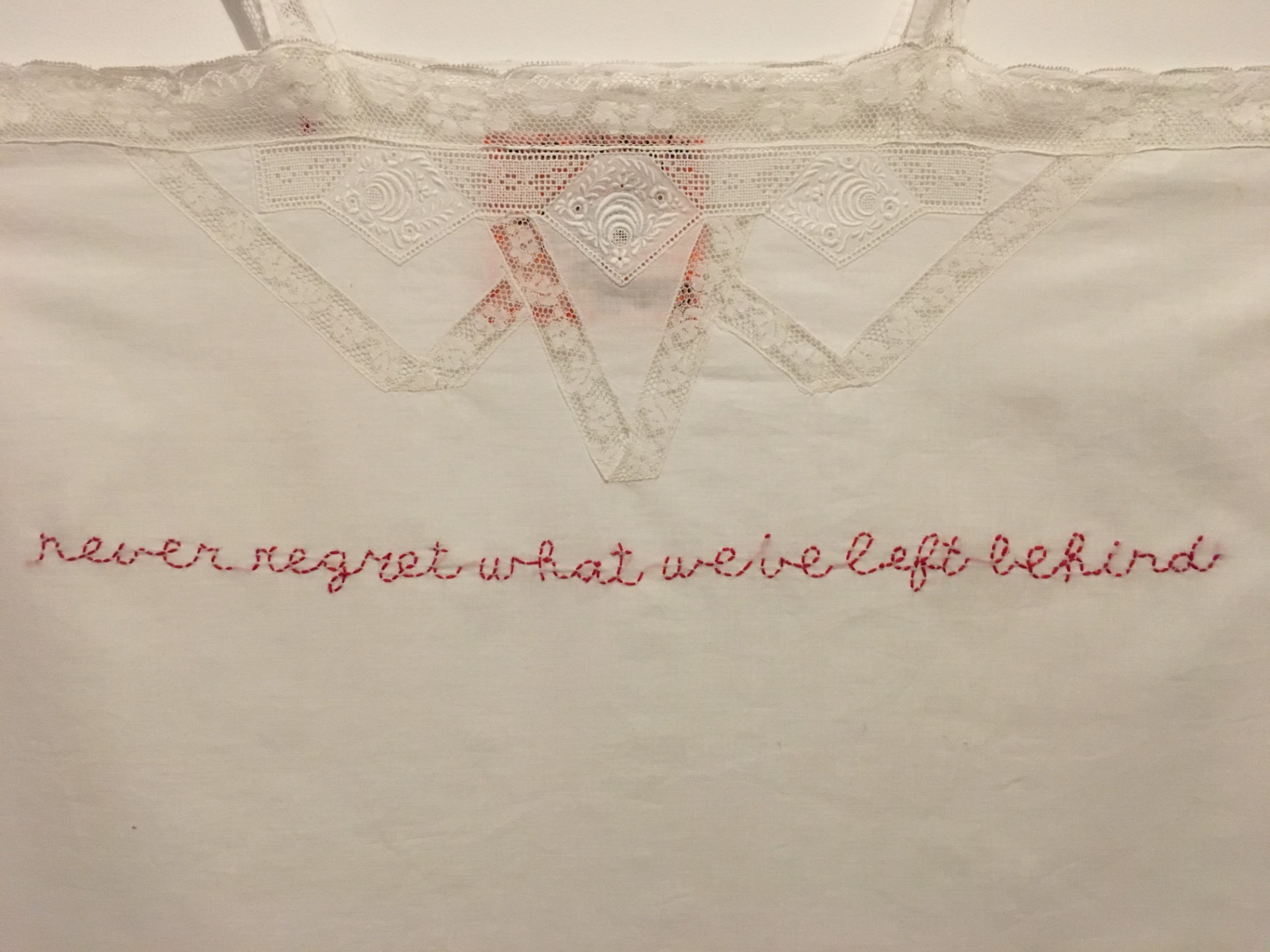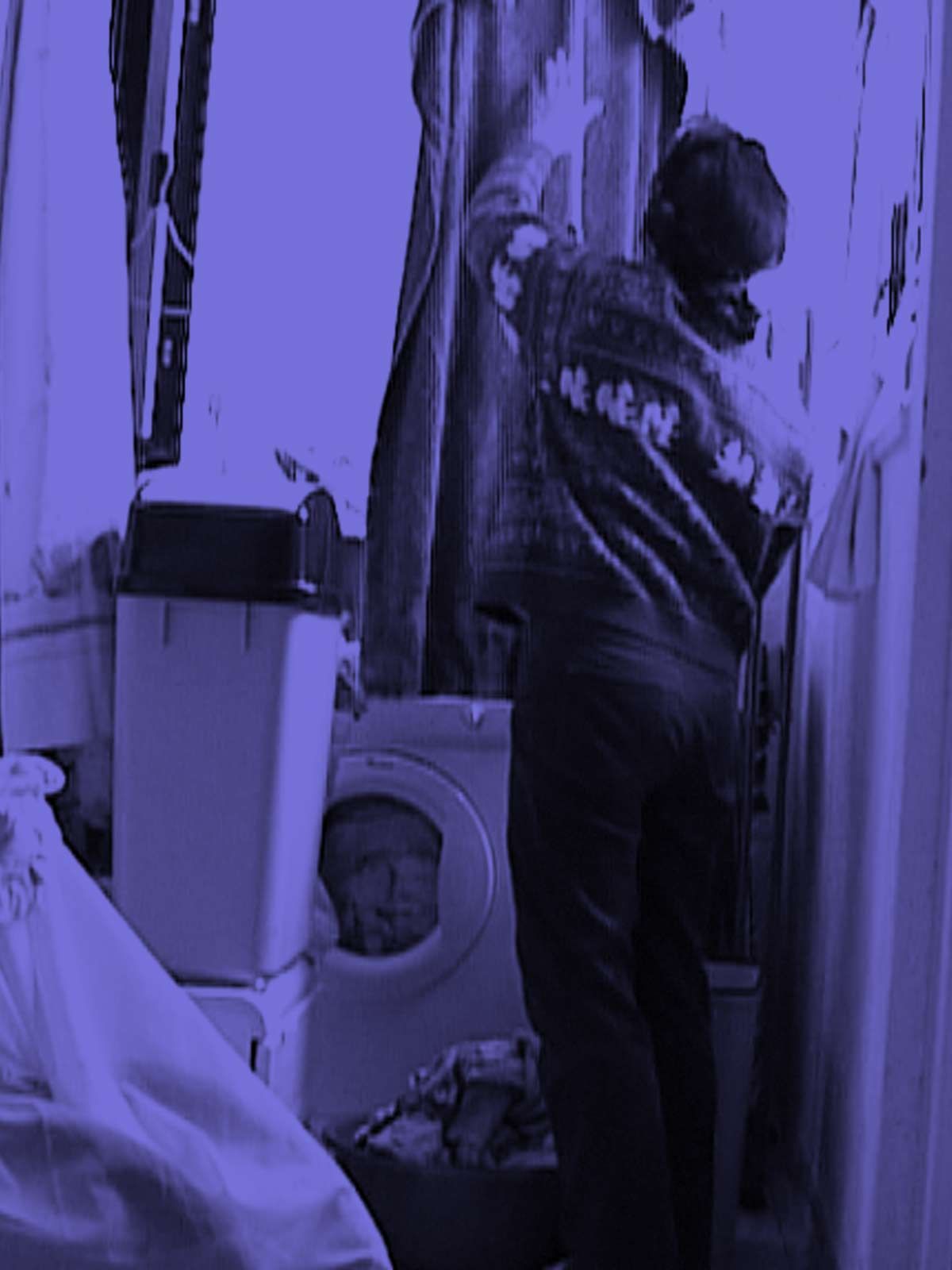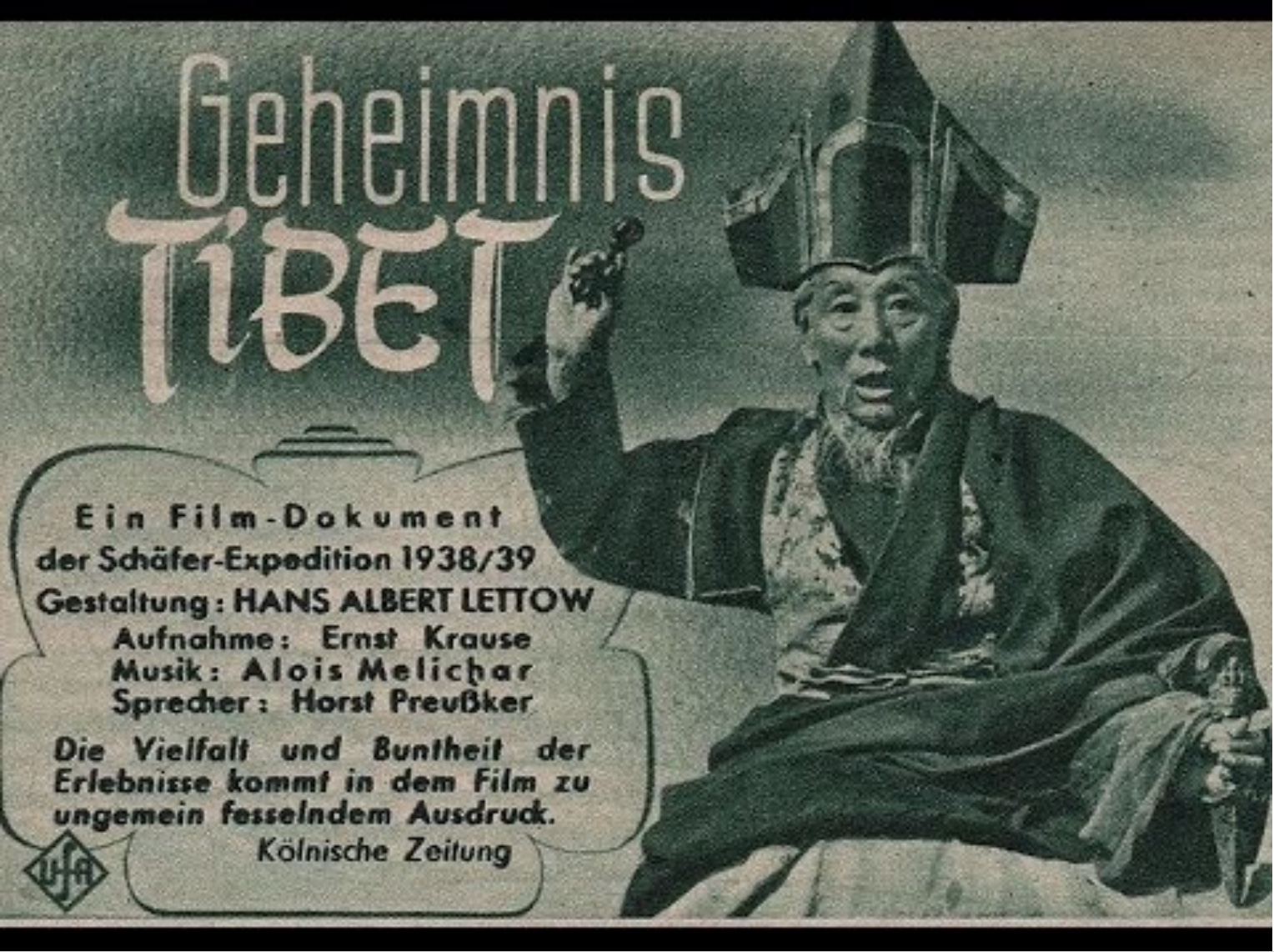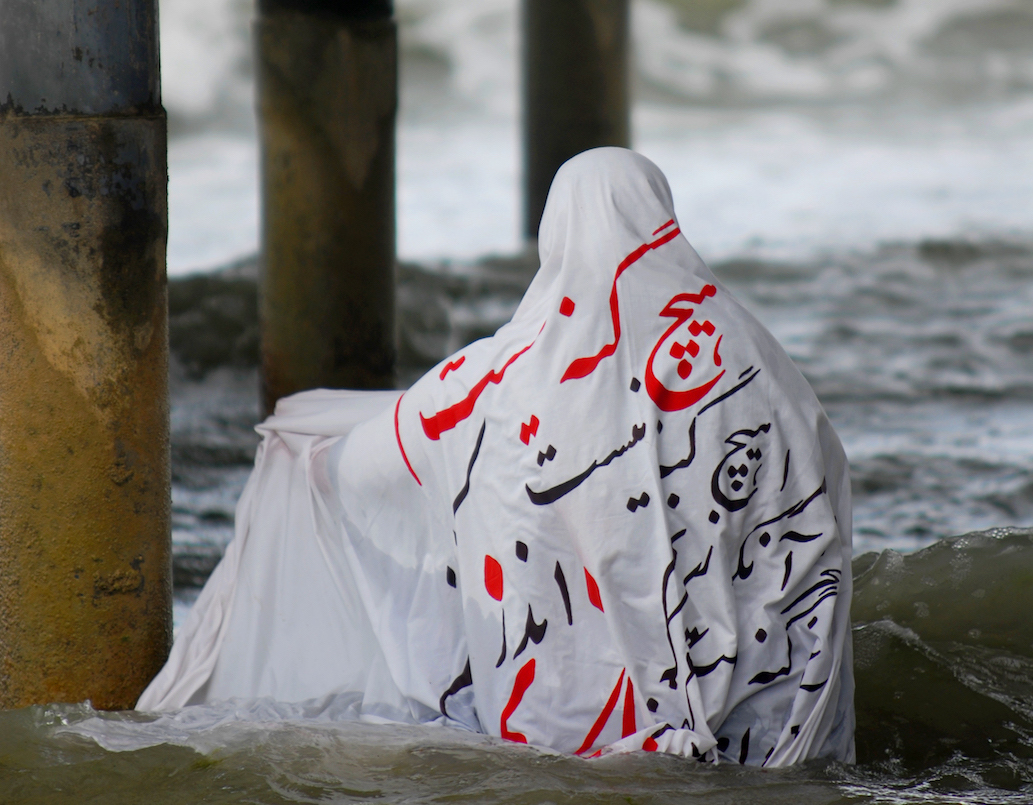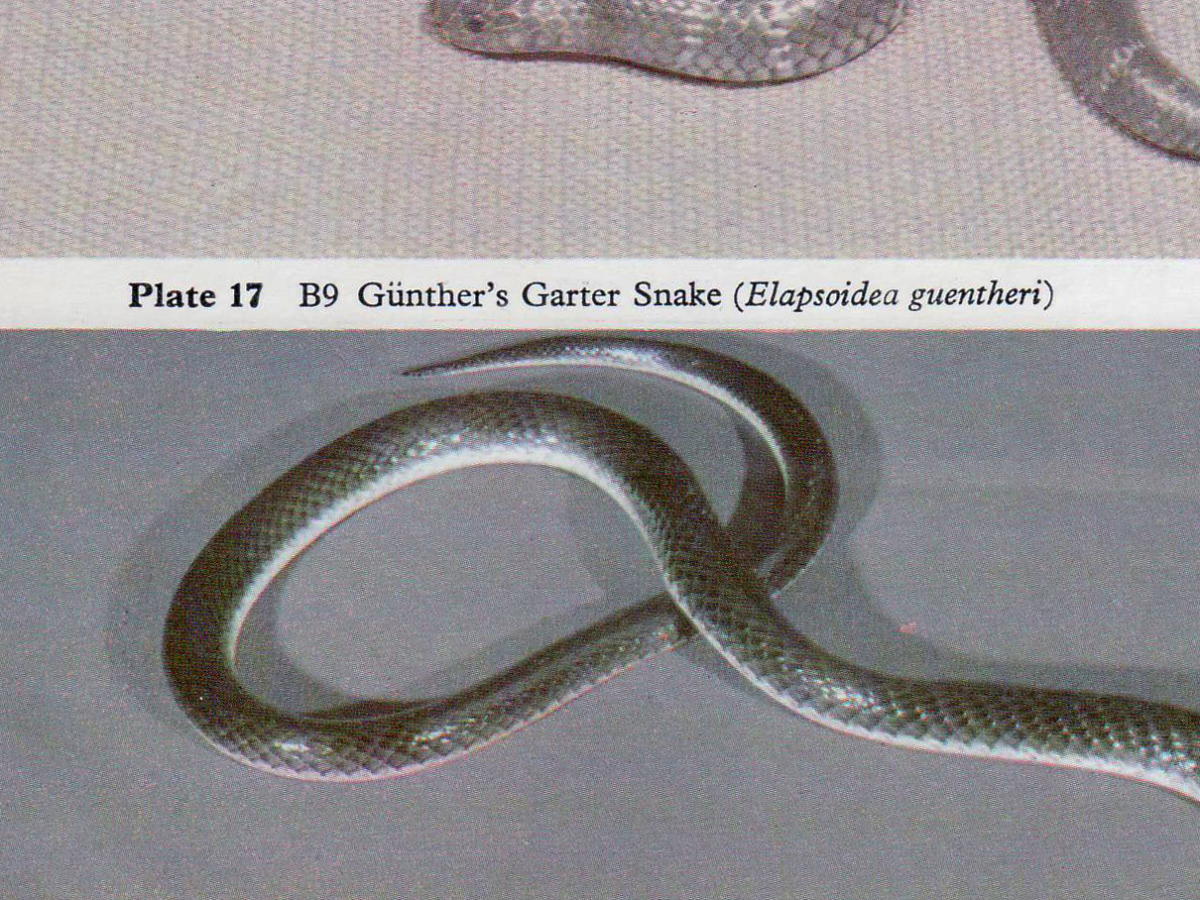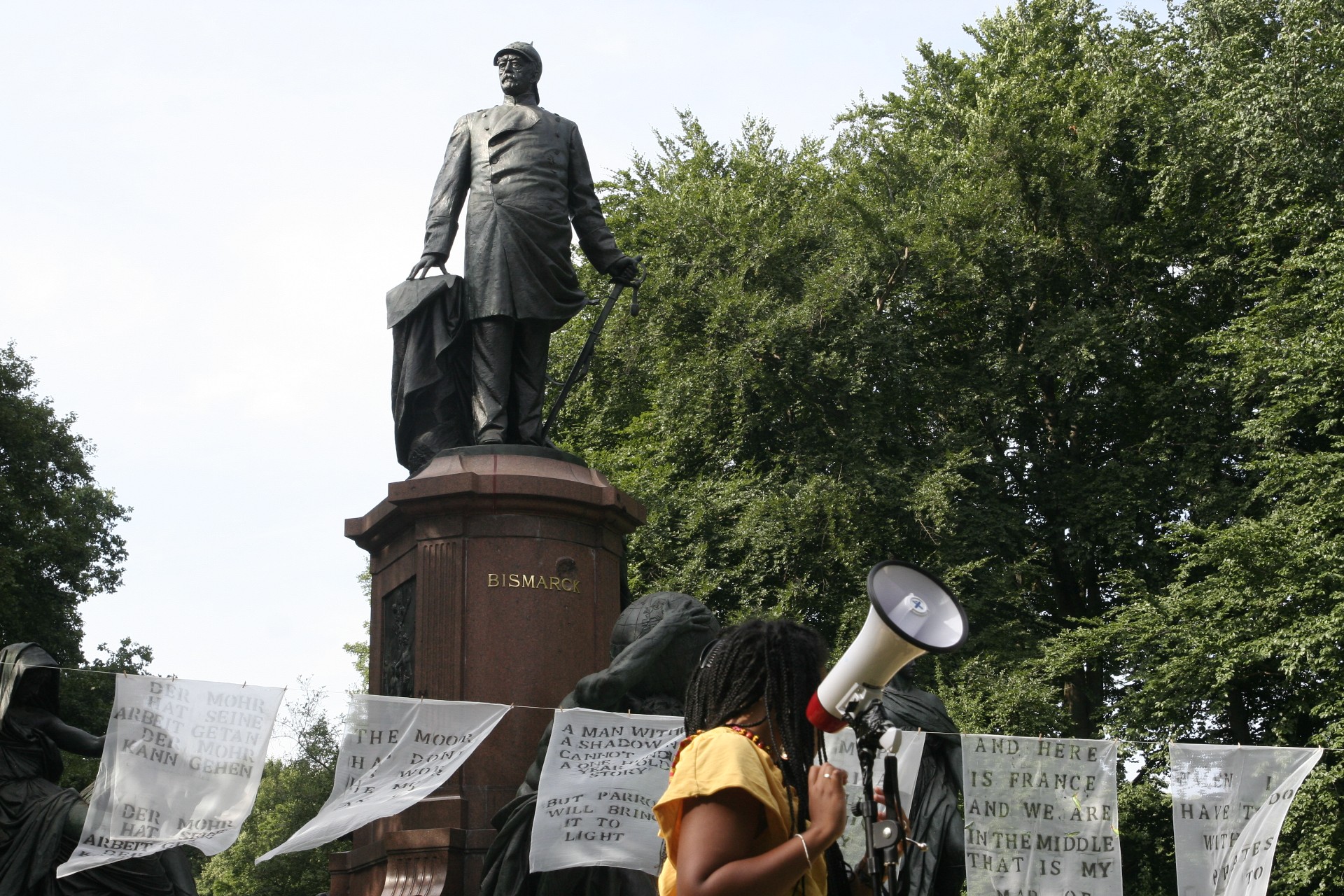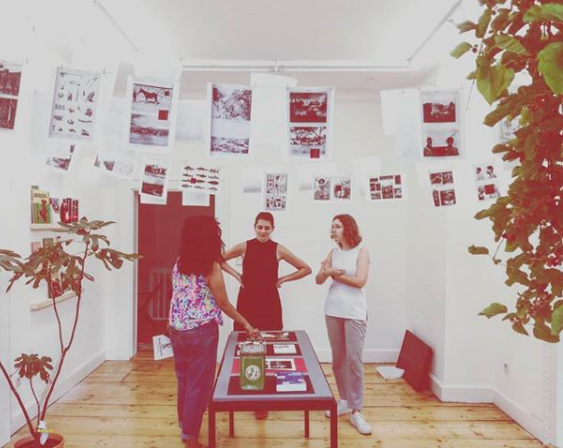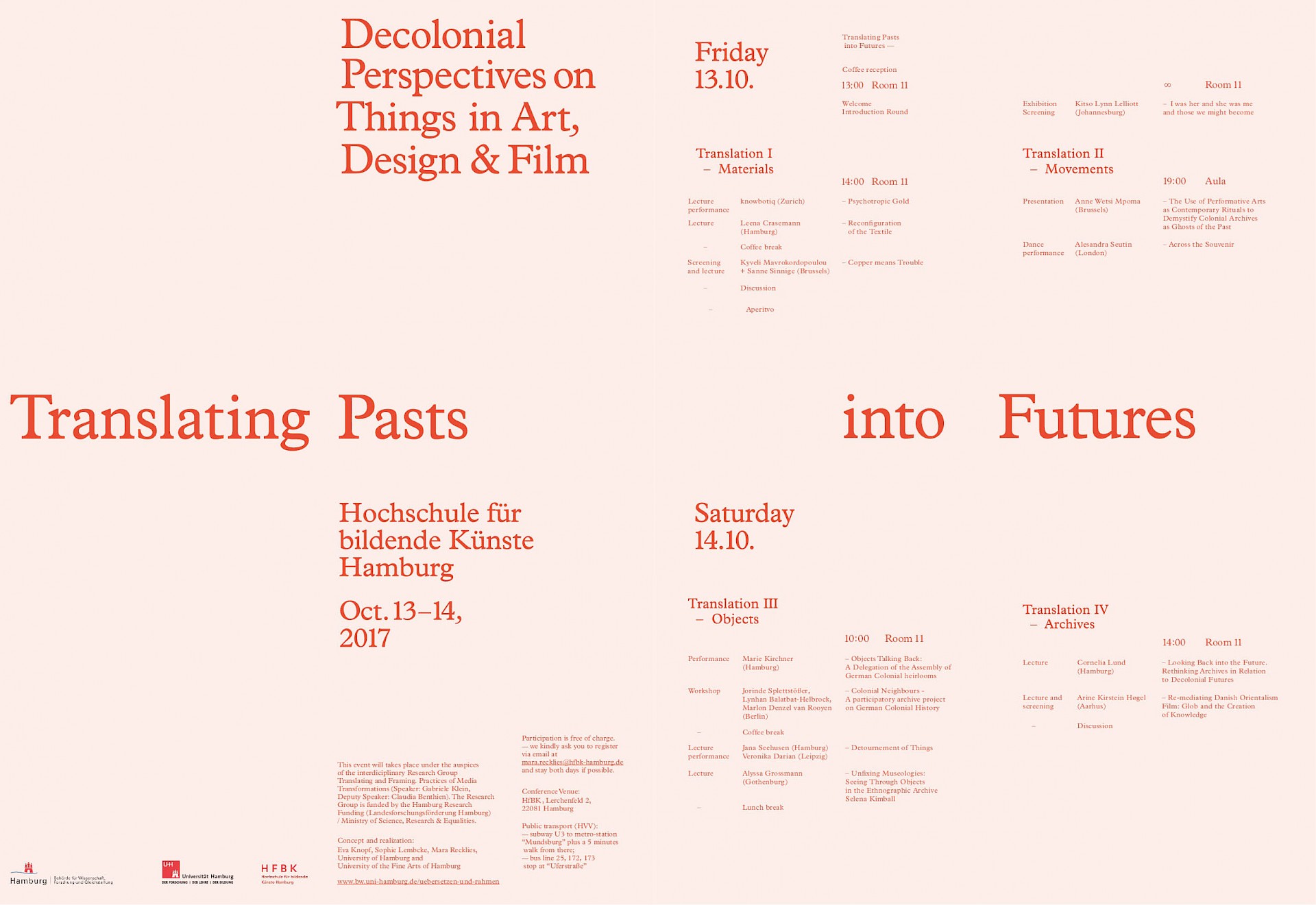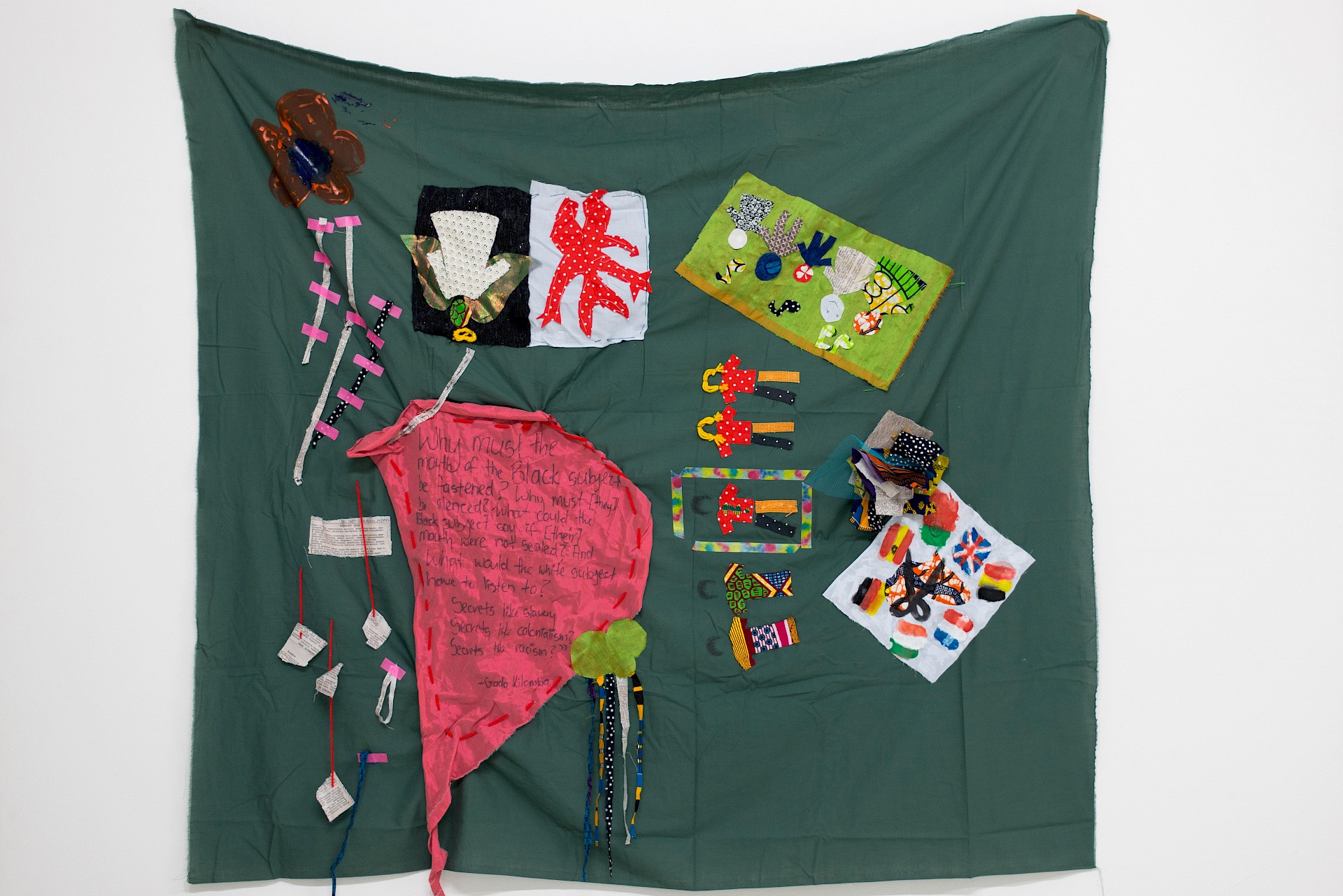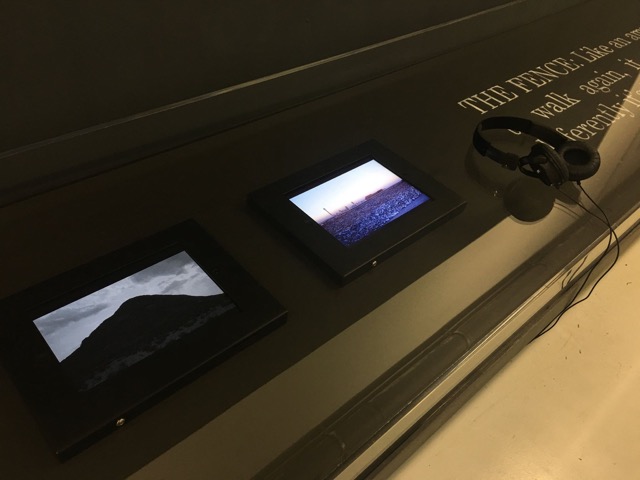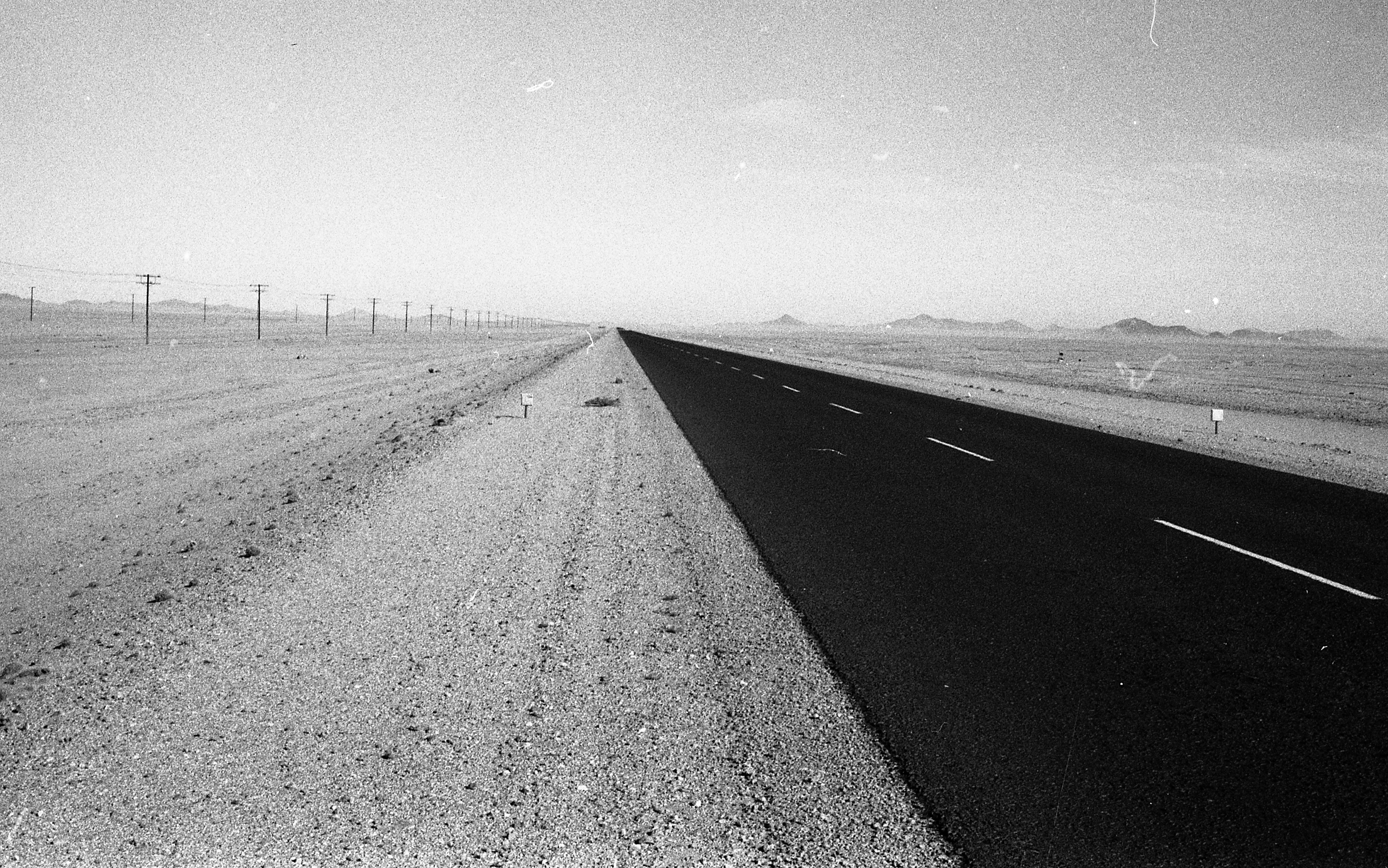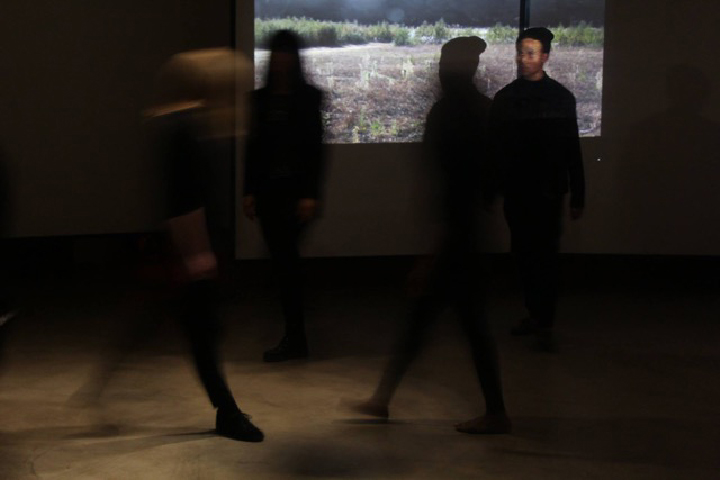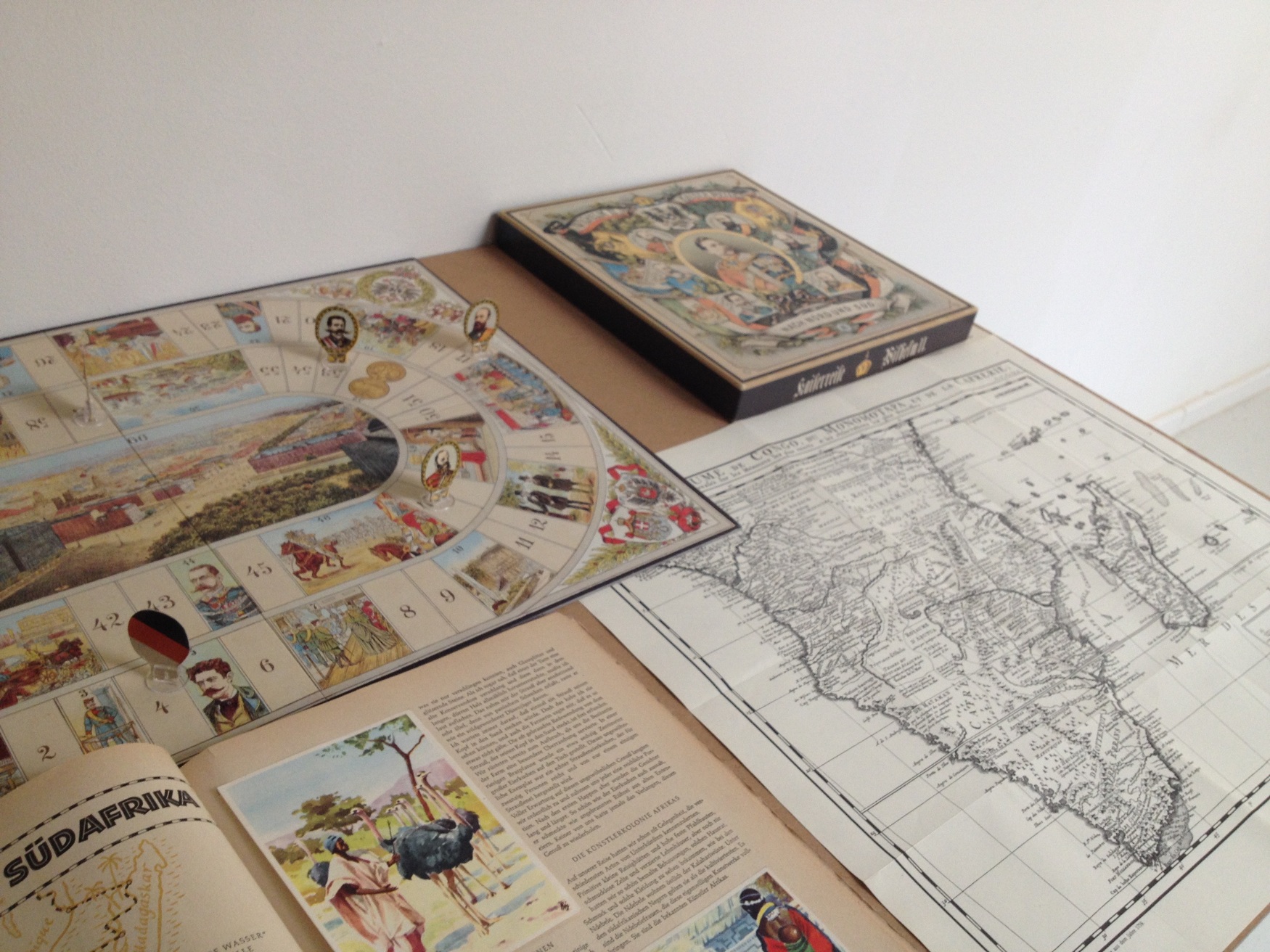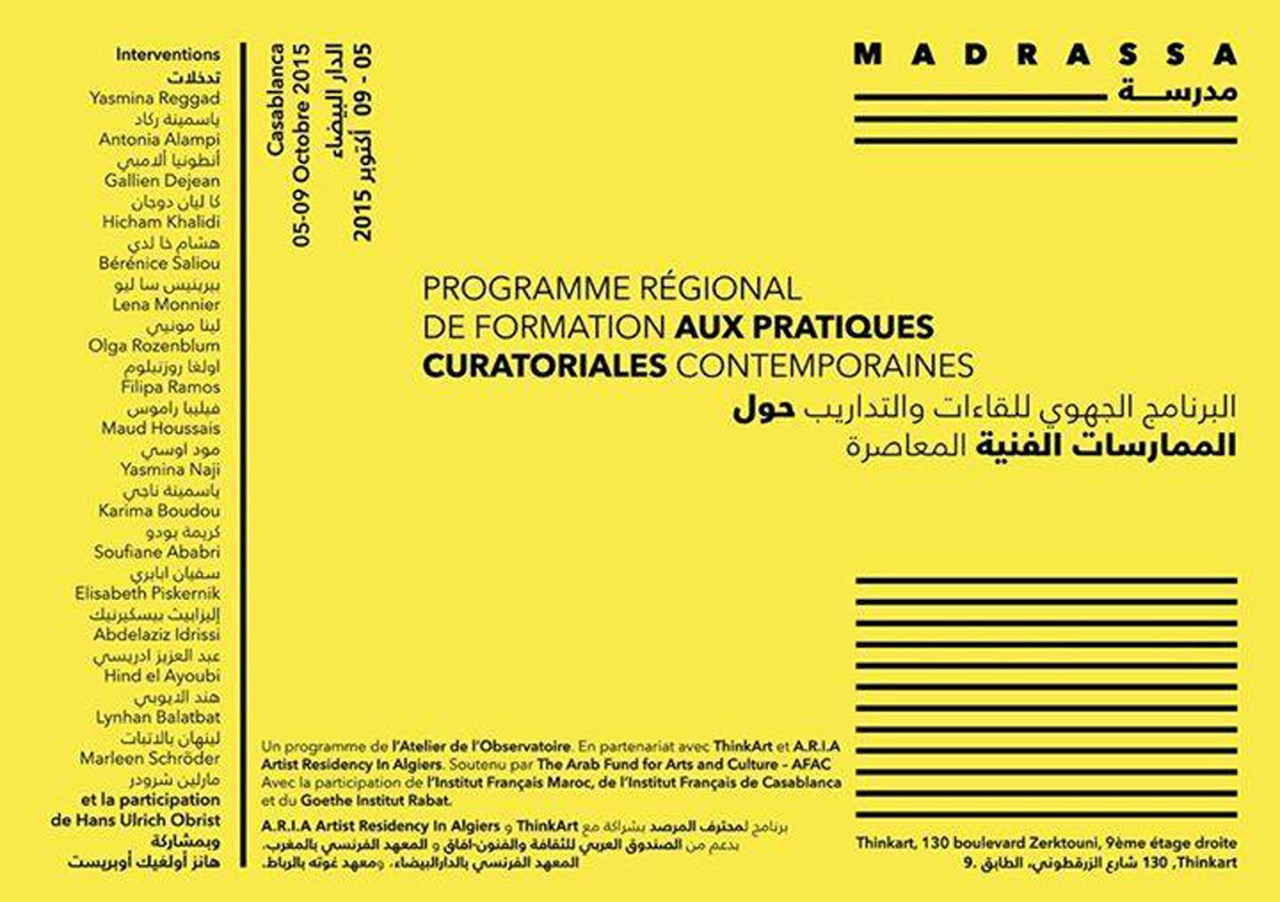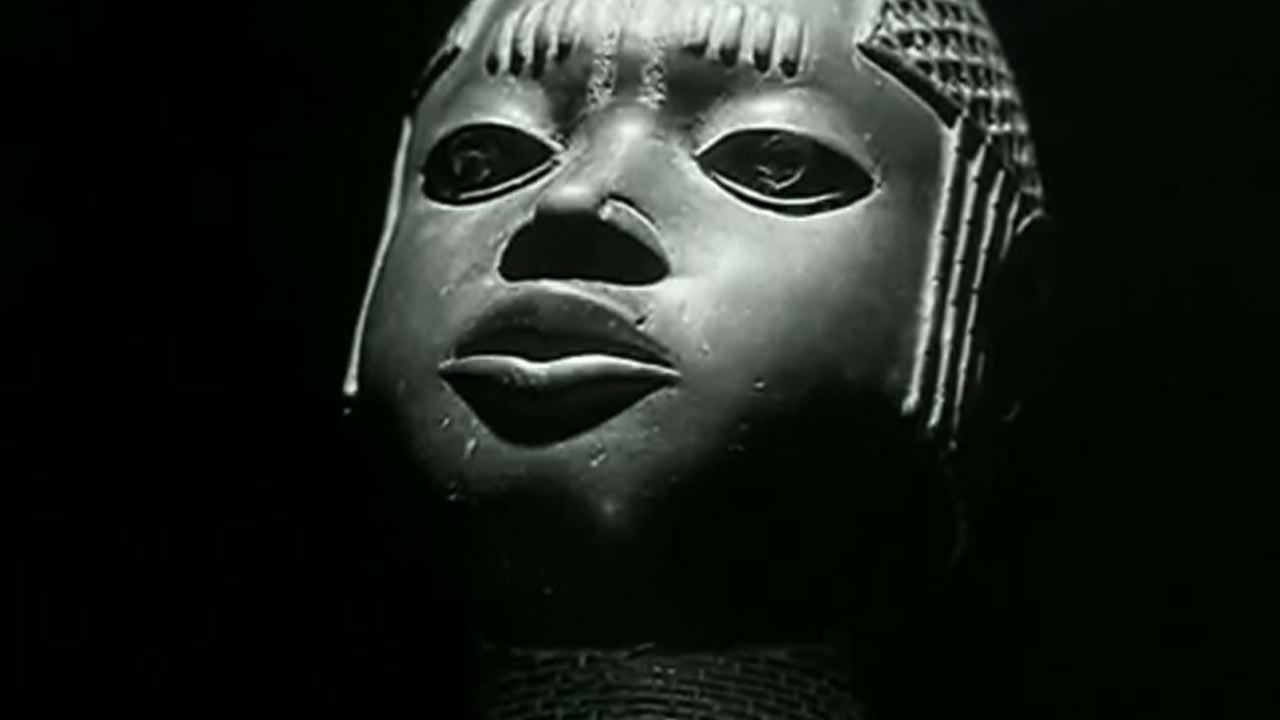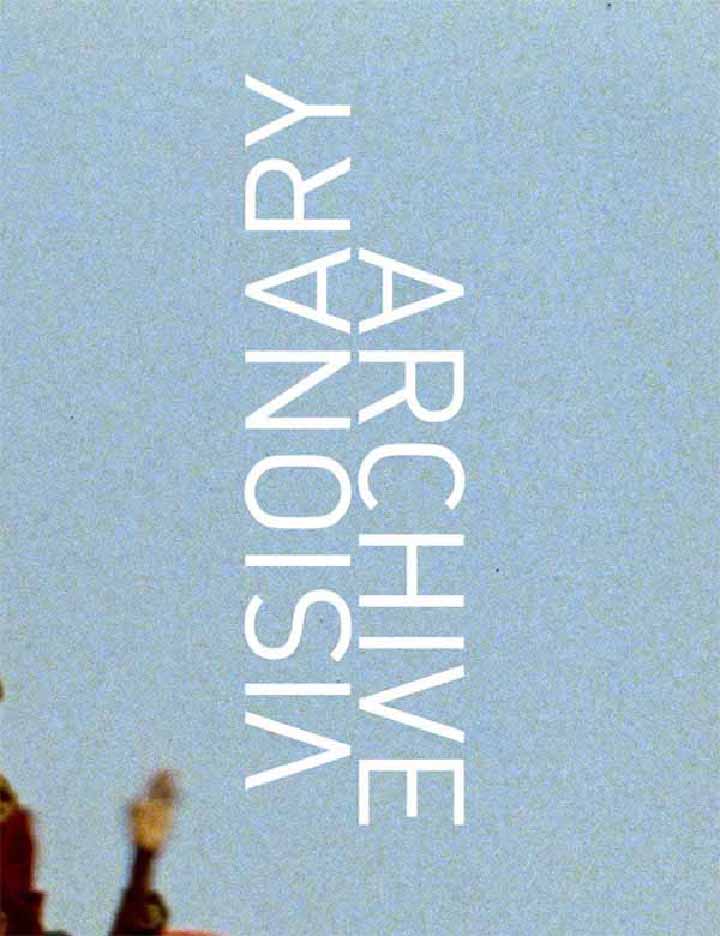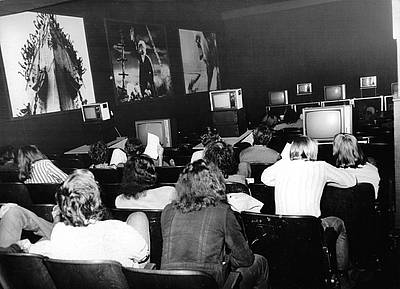Colonial Neighbours:
A participatory archive and research project on germany’s colonial history
Colonial Neighbours is a participatory archive and research project investigating the colonial history of Germany, including its ongoing impacts upon the present. The project aims to address gaps in Germany’s politics in order to question dominant knowledge structures and historical narratives. The archive serves as a platform for discussion, exchange, and collaborations with actors from various fields.
Project coordination Lynhan Balatbat-Helbock, António Pedro Mendes
Artistic Direction Bonaventure Soh Bejeng Ndikung
contact colonialneighbours@savvy-contemporary.com
social FACEBOOK PAGE
A „distant“ past
Today, knowledge of this history and its impact is hardly present in the German public sphere. Official German “collective memory” actively displaces, silences, or denies this history. Many schoolbooks, media outlets, and politicians ignore this period, downplay its importance, or portray it as if it evolved in isolation from an alleged “core” of “German history.” As a consequence, colonialism is often seen as part of the ‚distant‘ past. As some are now trying to say, however, we cannot understand Germany without understanding its role as a colonial power. Germany’s colonial past is a history of ignorance and Verschlossenheit.[1] But: “The periphery” as well as the “metropole” have been influenced strongly by the colonial encounter.
The city of Berlin, with its long history of migration itself, has a crucial role in the history of colonialism. Its representatives in power chose the capital to host the famous Berlin Conference, also known as the Congo Conference in 1884–1885, where the African continent was divided between European rulers. Berlin consolidated the process of global European expansion, as it was here that the political rules which would install formal colonial power over African territories were established. Colonialism is connected to the history of racism, and that racism haunts us still today.
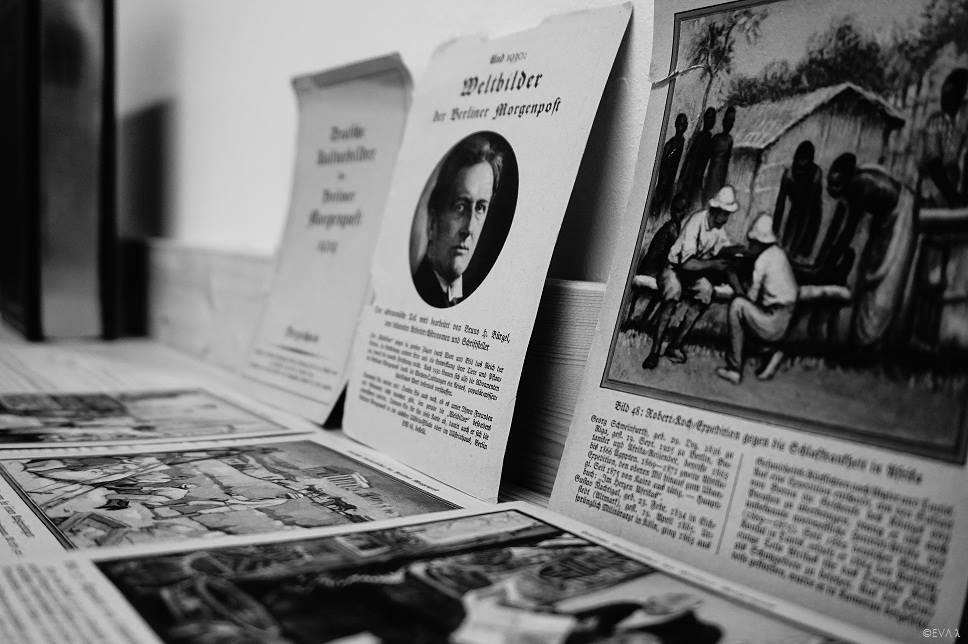
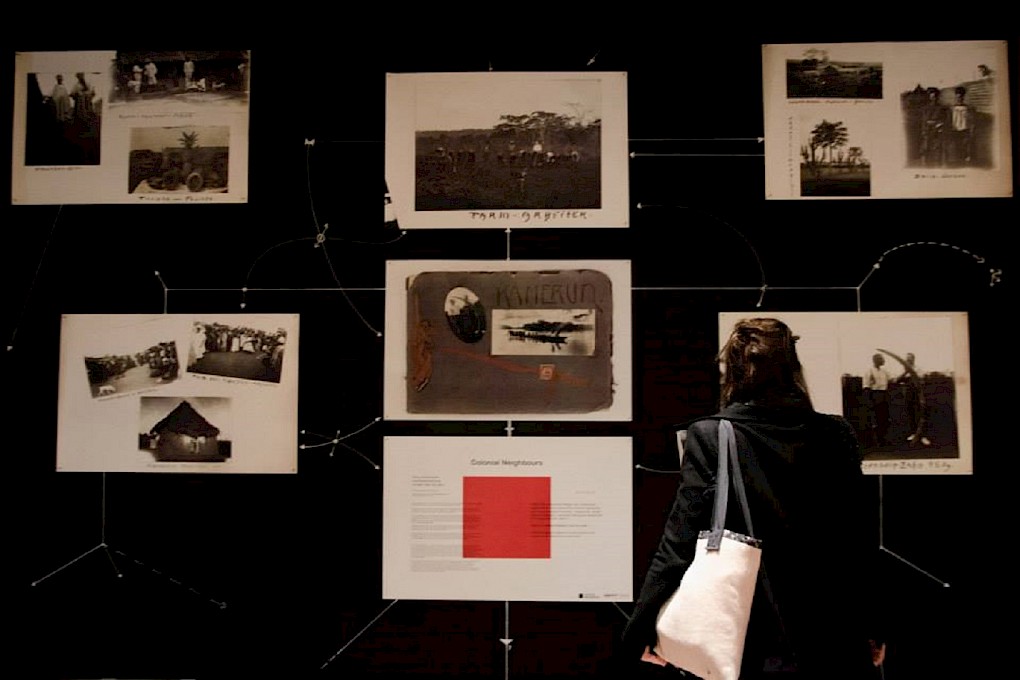
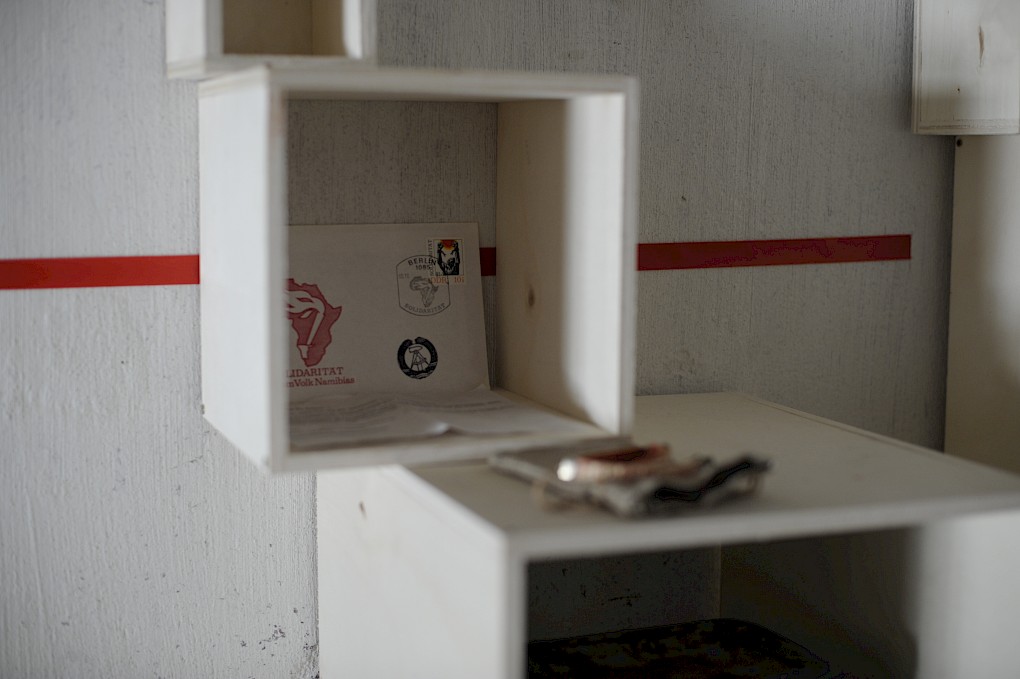
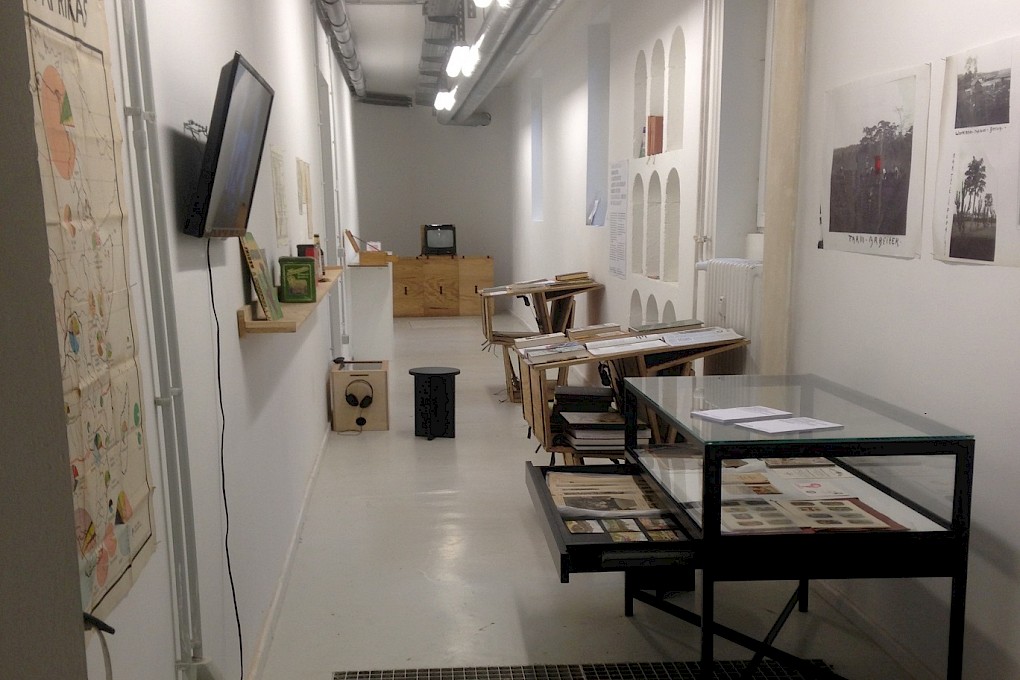
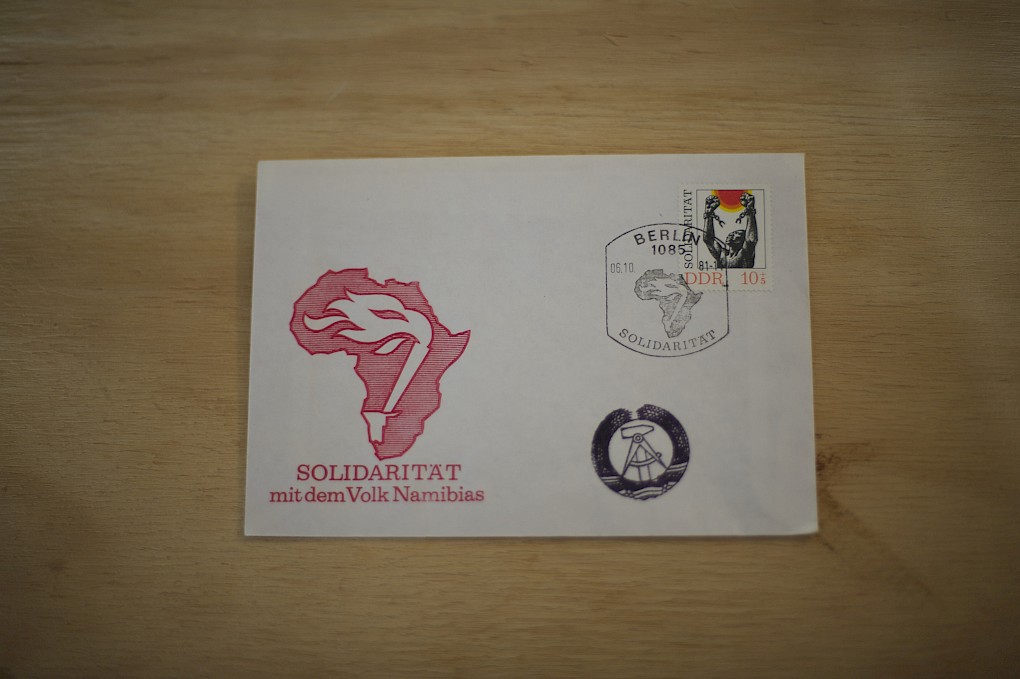
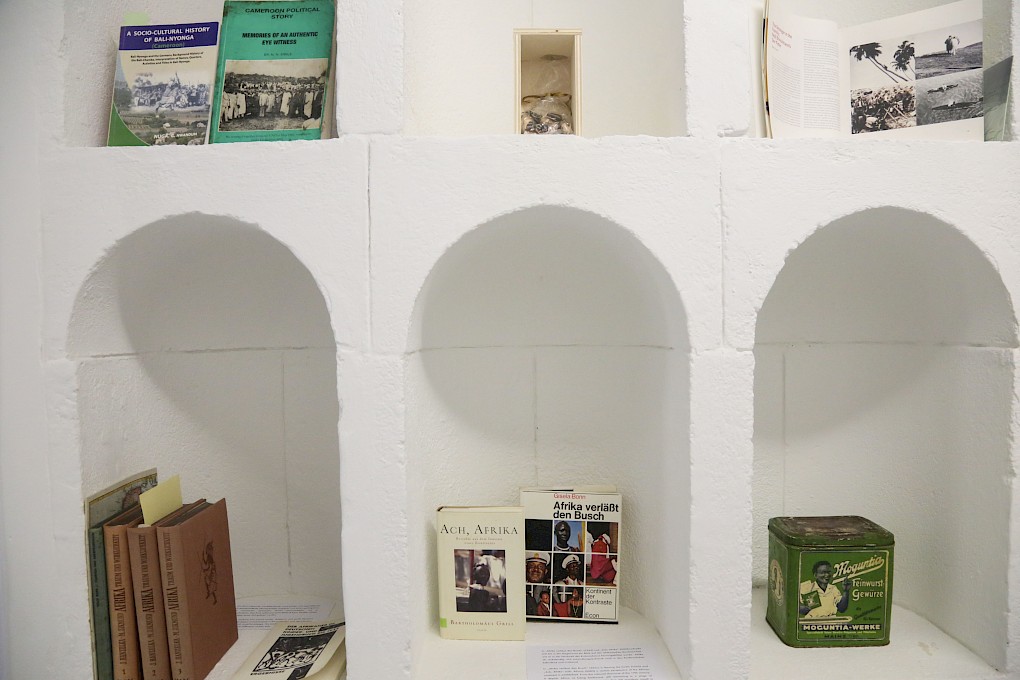
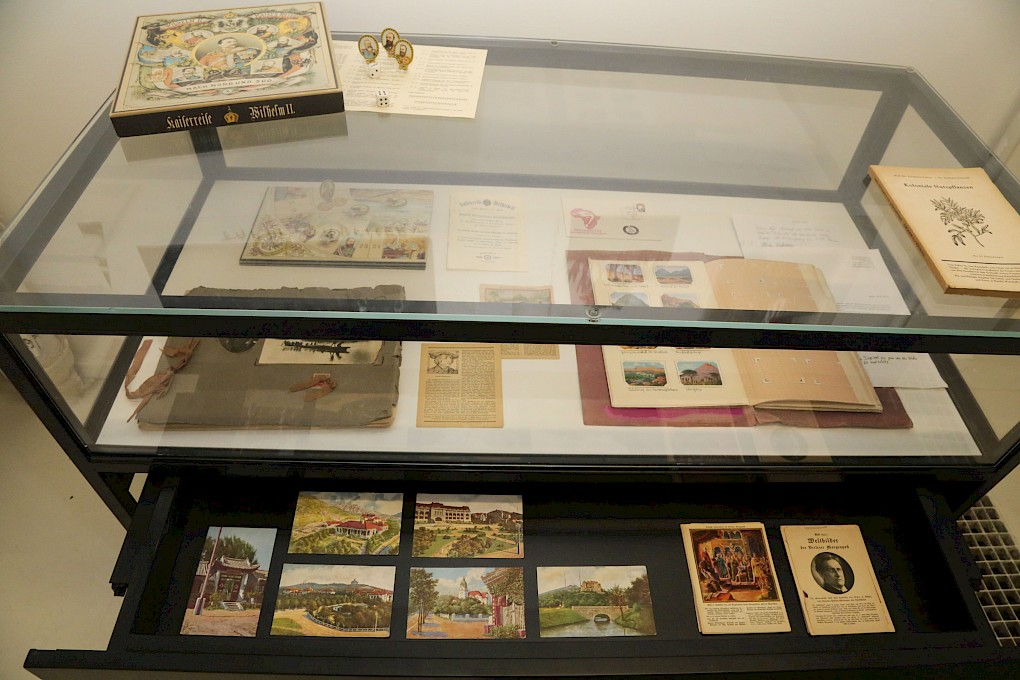
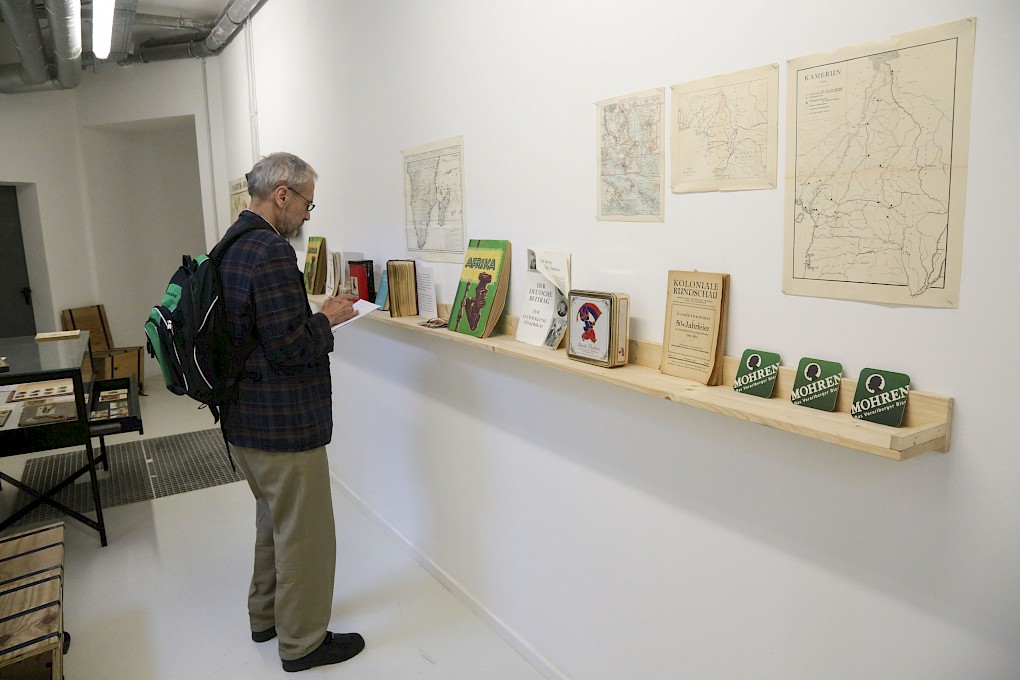
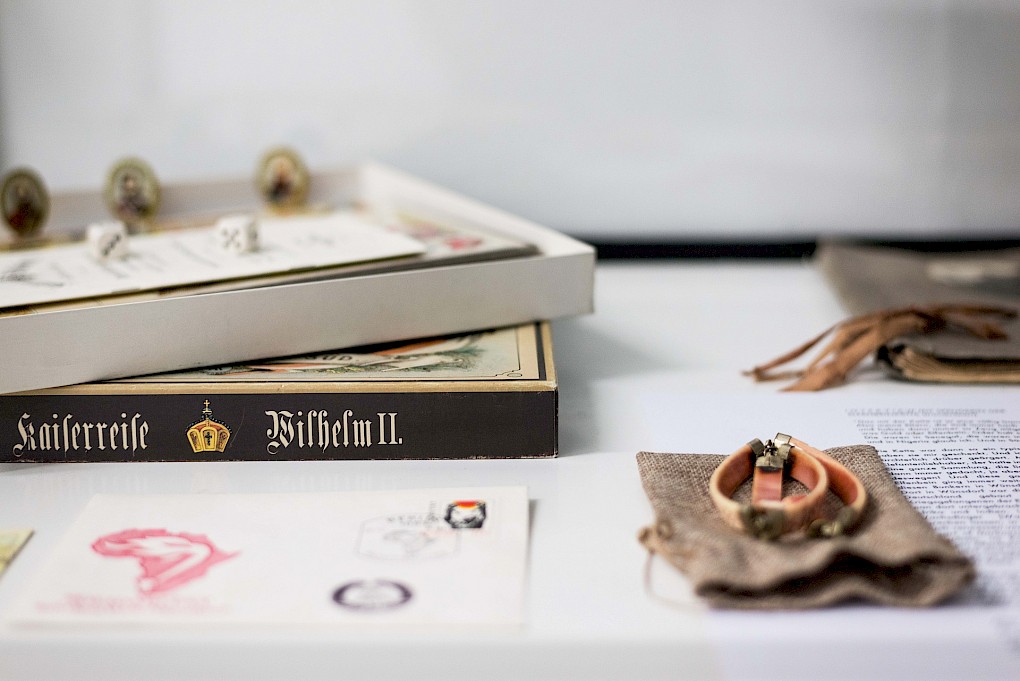
Objects as intermediary of entangled histories
Following the concept of “history as entanglement” (Conrad & Randeria) the project aims at breaking historical dichotomies and drawing a more differentiated picture of current Lebenswelten in Berlin. Objects, everyday items, commercial products, or other traces of history, like words, songs, fragments of memory, or oral histories serve as intermediary for the project, to narrate the entangled histories between Germany, the African Continent, China, and the colonized areas in the Pacific.
The archive as intervention and platform
The archive offers a place for the documentation of this “silenced history,” as well as for the critical investigation of (historical) colonialisms and contemporary colonialities (Aníbal Quijano, 2010). Arjun Appadurai considers independent non-governmental archive and documentation projects as social tools and interventions.[2] Starting from these ideas and beyond the mere collecting of objects the archive serves as a starting point for investigations and interactions of different kinds. As a platform for exchange and dialogue, it is a place for collaborations with artists and cultural practioners, researchers, activists, and other actors.
Open Call
Do you have objects or memorabilia, old or new, which you associate with Germany’s colonial past? The item can be part of your family archive, or a commercial product that catches your attention, a book you find on the flea market, or even a song you remember from childhood. Share with us the story behind them and become part ofSAVVY Contemporary’s project Colonial Neighbours. Write us an email with the object, item, or story and why this is of importance to you. Please don’t hesitate to contact us.
Do you want to collaborate with us? Colonial Neighbours is a participatory project and is based on collaborations with the neighbourhood, artists, researchers and activists. If you are interested in a collaboration, please contact us!
Colonial Neighbours has been kindly supported by
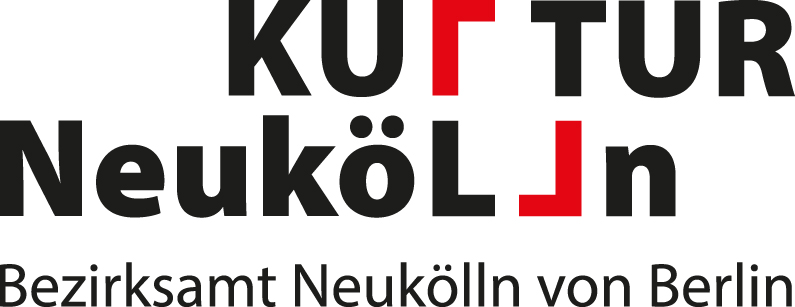
Cf. Conrad & Randeria, Jenseits des Eurozentrismus: postkoloniale Perspektiven in den Geschichts- und Kulturwissenschaften, 2002, p.33
”The archive as deliberate project is based on the recognition that all documentation is a form of intervention and thus, that documentation does not simply precede intervention but is the first step. [...] This further means that archives are not only about memory (and the trace or record) but about the work of the imagination, about some sort of social project. These projects seemed, for a while, to have become largely bureaucratic instruments in the hands of the state, but today we are once again reminded that the archive is an everyday tool.” (Cf. Arjun Appadurai, Archive and Aspiration, in: Information is Alive, Joke Brouwer, Arjen Mulder (editors), 2003, pp. 14–25, (24–25))

